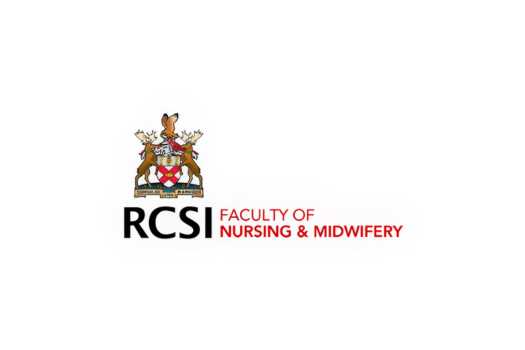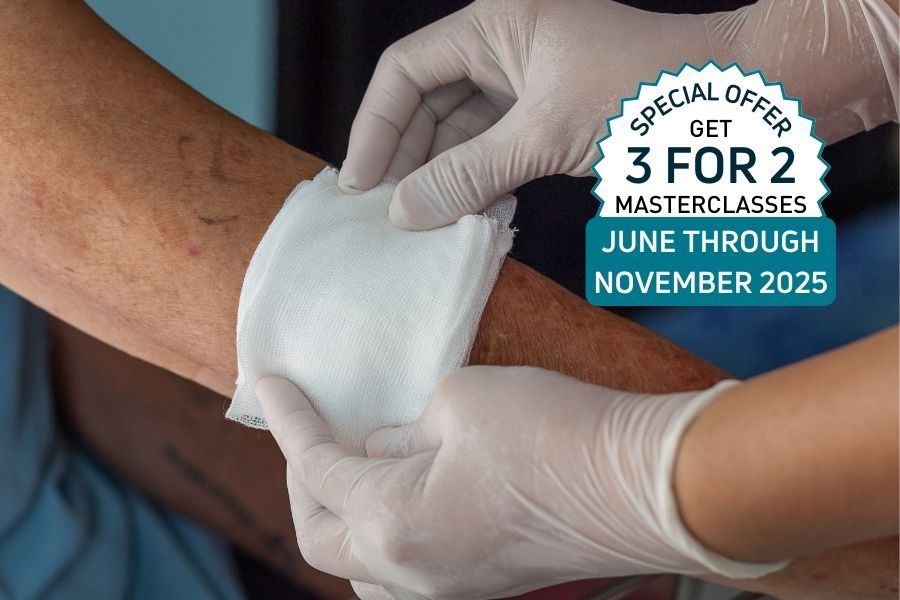by Clodagh Killeen
Share

by Clodagh Killeen
Share
We have received numerous inquiries lately regarding management qualifications, especially about the required qualifications for the Person In Charge (PIC). In this blog post, we discuss what this means for your organisation and outline the provisions we are implementing here at LHP Skillnet.
The Health Act 2007 (Care and Welfare of Residents in Designated Centres for Older People) (Amendment) Regulations 2025 (S.I. No. 1 of 2025) has now been released and will come into operation on 31st March 2025. Amendments have been made to key areas including visiting, infection prevention and control, residents’ rights, criteria for Persons In Charge and governance.
These changes are designed to strengthen the management and regulatory framework of residential care facilities, ensuring that leadership meets high standards of competency, expertise, and experience. Below, we’ll dive into the most notable updates in relation to the role of the PIC.
Key Amendments to PIC Qualifications under Regulation 14
The role of the Person in Charge (PIC) is crucial in ensuring the smooth running of a designated centre and the delivery of high-quality care. In light of recent amendments, stricter qualifications have been set for individuals holding this position, aiming to improve both leadership and resident outcomes.
The new regulations limit the PIC’s remit to a maximum of 2 designated centres and the required experience and educational background of PICs appointed after the 31st of March 2025 has been updated.
1. Experience Requirements
The Person In Charge shall be a registered nurse with at least 3 years’ experience of nursing older persons within the previous 6 years. A person who is employed to be a Person In Charge shall also have, within 3 years of 31 March 2025, not less than 3 years’ experience in a nurse management role in the health and social care area.
In the absence of the Person In Charge, the person who will deputise for the Person In Charge shall be a registered nurse working in the designated centre with not less than 3 years’ experience of nursing older persons within the previous 6 years.
2. Mandatory Educational Qualifications
In addition to the experience requirements, the Health Act now stipulates that within three years of 31 March 2025, the PIC must hold at least one of the following qualifications:
This shift emphasises the importance of formal education and leadership training for those overseeing health and social care facilities. With a post-graduate qualification, the PIC will be better equipped with the necessary management tools, such as financial management, leadership strategies, and regulatory compliance. Ultimately, this ensures that the PIC is not only knowledgeable in nursing but also skilled in overseeing complex care settings and managing staff effectively.

Implications for Providers
These changes will have significant implications for the recruitment and training of PICs and their deputies in designated centres. Care providers must ensure that their leadership teams meet the new criteria and have the right qualifications in place by the stipulated deadline. For new PICs and deputy PICs, this could mean pursuing additional education or training in management, as well as ensuring that they meet the required level of experience. PICs in role prior to 31st March 2025 are not affected by the change in legislation.
What Education Is Available To Meet These New Requirements?

RCSI micro-credentials are short, flexible offerings are available in specialised areas including design thinking, innovation, business planning, and leadership and management for healthcare.
A total of 8 micro-credentials will be available with an additional capstone MC. Each MC is worth 5 credits. To complete the certificate, 30 credits must be obtained. This can be a combination of any of the available MC along with the capstone Leadership MC, which must be completed to achieve the certificate. The list of topics covered under each of the MC is as follows:
Conclusion
The recent amendments to the Health Act 2007 are part of a broader effort to improve the quality of care in Ireland’s health and social care services. By raising the standards for those who are responsible for the management of care centres, the government is helping to create an environment where the quality of life for residents is paramount.
Furthermore, these changes align with ongoing efforts to professionalise the sector and ensure that those in leadership roles have the necessary training to respond effectively to the growing needs of Ireland’s ageing population. With increased oversight, enhanced regulatory frameworks, and stricter qualification requirements, the amendments signal a clear commitment to ensuring high-quality care across the country.
Our 6-day Leadership for Healthcare programme is tailored to address the particular challenges of leading people and organisations in the residential and home care sector. For this purpose, it offers practical approaches to applying...
Enhancing Private Healthcare: Exclusive Live Online Masterclasses in Infection Prevention & Control In the ever-evolving landscape of private healthcare, staying ahead of best practices and regulatory requirements is essential. To support professionals in delivering...
LHP Skillnet is proud to announce its continued collaboration with the Department of Health for the second year of this initiative, which was launched in 2024 to support private nursing homes in building nurse expertise...








